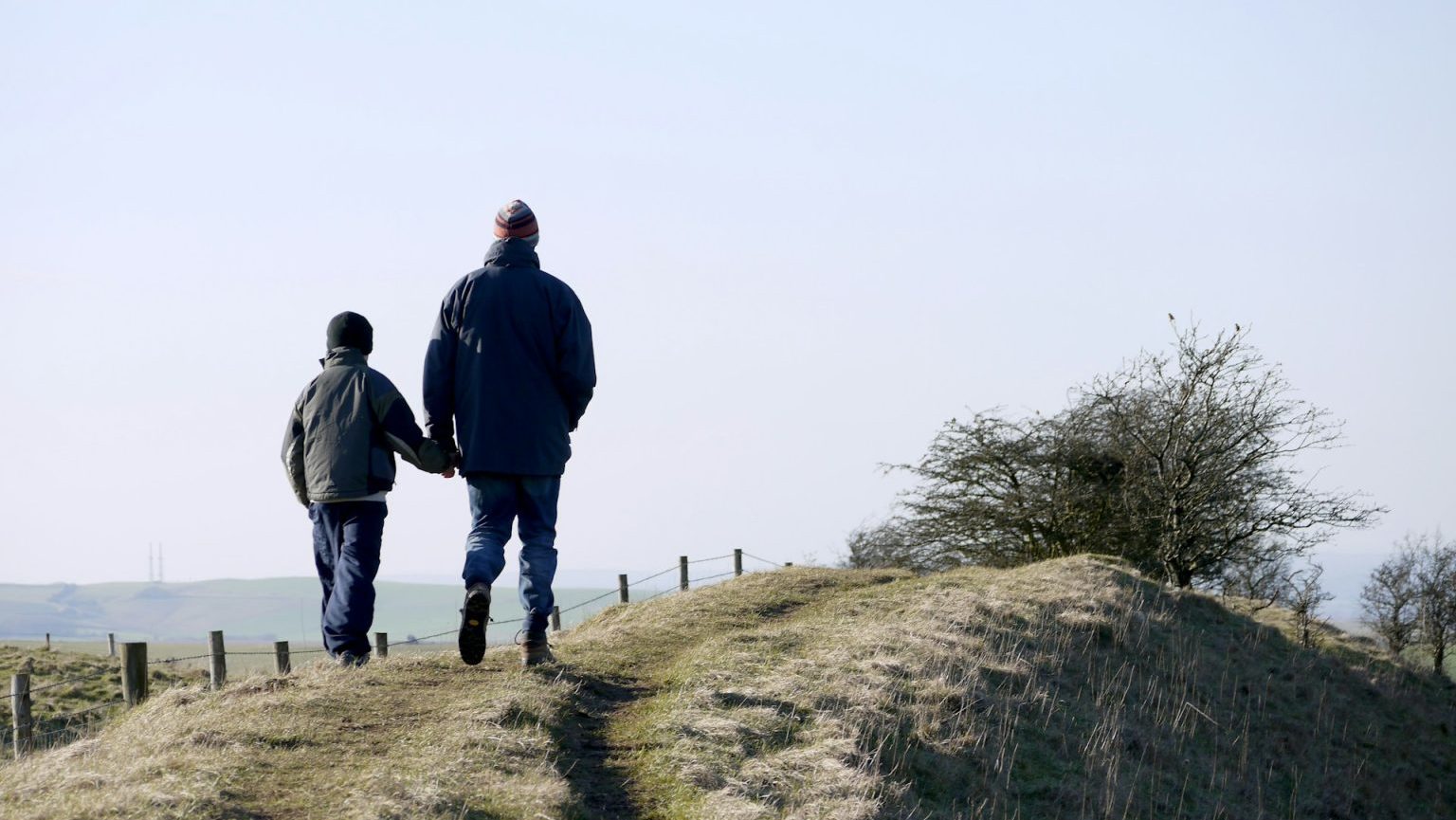Juvenile Incarceration Leads Teens Down a Bad Road

A recent study by Joseph Doyle, an economist at the MIT Sloan School of Management, suggests that teenage incarceration can be a terrible fate. While in the eyes of the law, the punishment may fit the crime, the ripples from this one indiscretion can have effects that last a lifetime.
Doyle explained in a press release:
“We find that kids who go into juvenile detention are much less likely to graduate from high school and much more likely to end up in prison as adults.”
His study is comprised of 35,000 teenagers in the state of Illinois. The data also allowed researchers to follow the teens over the course of 10 years. The study is quite interesting, in that Doyle was able to draw from a large pool of kids with close similarities, where the only difference between one and another was a judge’s sentence. Doyle explained:
“Some judges are more likely to have children placed in juvenile detention than others, but it’s effectively random which judge you get. Some kids get a judge who will place them in juvenile detention; other ones get a judge who will be less likely to do so, and comparing the outcomes of the kids across the judges, we can actually say what the causal outcome is of placing the kids in juvenile detention.”
The data, Doyle said, paints a picture of lost potential. He explained:
“The kids who go to juvenile detention are very unlikely to go back to school at all.”
What’s more, he suggests that incarceration could serve as a way to meet “other kids in trouble,” which leads them to “create social networks that might not be desirable. There could be a stigma attached to it; maybe you think you’re particularly problematic, so that becomes a self-fulfilling prophecy.”
Doyle and his team welcome criticism on their work, as they realize their data only represents one part of a larger justice system.
If this research stands, then it may be time to rethink our juvenile justice system. This wouldn’t be the first time the prison system has fallen under criticism from researchers. Kwame Anthony Appiah says there’s a serious issue with the harsh conditions criminals are sentenced to: contracting AIDS or tuberculosis and getting raped. He argues that these people are not sentenced to these punishments — they are sentenced to incarceration.
Read more at EurekAlert!





